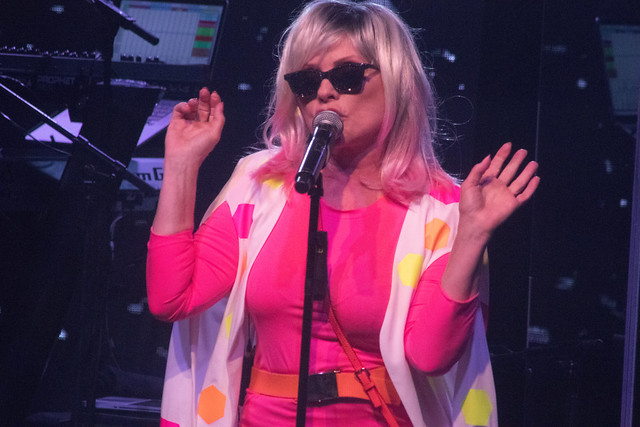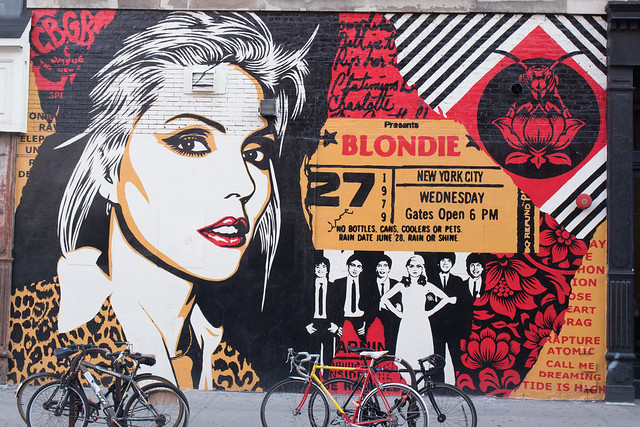Initially formed in 2007, as the solo recording project of Melbourne, Australia-based DJ and producer Benjamin Plant, Miami Horror eventually expanded into a full-fledged band with the addition Josh Moriarty (vocals, guitar), Daniel Whitechurch (bass, keys, guitar) and Kosta Theodosis (drums) — and with the release of 2008’s Bravado EP, 2010’s full-length debut Illumination and 2015’s All Possible Futures, the band established a sound that drew from Prince, New Order, Todd Rundgren and Pink Floyd, combined with contemporary electronic production techniques, including house and electro pop. Interestingly, the act’s most recent recorded output, 2017’s The Shapes EP was a decided change in sonic direction with the band’s sound being indebted to 80s pop and New Wave — in particular, Talking Heads, Blondie and the like.
Two years have passed since the acclaimed Australian indie electro pop act has released material and the act’s latest single, “Restless” finds the project returning to its collaborative and production-based roots. Plant champions this return to his roots as Miami Horror’s new incarnation. “The Shapes was always meant to be a one-off conceptual project, so once that was complete I began moving back towards the original creative process that Miami Horror started with; a simpler approach to production and a continued emphasize on outside vocalists.” Plant says. “For me, music has always been about completing a vision and trying to make something stand out. Allowing outside collaboration really opens me up to complete that vision without being restricted to my own skill set.”
Interestingly, “Restless” is a breezy and summery track centered around shimmering synths, Nile Rodgers-like funk guitar, hi-hat led drumming and a plaintive and sultry vocal contribution from Kevin Lavitt. And while retaining the slick, dance floor-friendly electronic production that has won Plant international acclaim, the song sounds indebted to 80s Quiet Storm R&B — in particular Cherelle’s “Saturday Love,” and Mtume’s “Juicy Love” immediately come to my mind, as the song has a similar sophisticated sexiness to it. “I love putting two people in a room that wouldn’t normally work together and seeing what comes of it,” Plant says of his collaboration with Lavitt.
Directed by Keenan Wetzel, the recently released sepia-toned video for “Restless” features an assortment of quirky characters coming together for tennis training and some meet-cute lust — before ending with a menacing and suggestive air. “When I heard ‘Restless’ I was struck with a nostalgic feeling of starting out a relationship; those first feelings of anxiety coupled with the uncertainty whether or not the attraction is mutual,” Keenan Wetzel says of his video treatment. “I wanted to take these familiar feelings and add Miami Horror’s style to create a bright but strange world for these young people to find each other. I have always been interested in 1970’s culture and how people turned to communities, often ritual-based, to find a sense of belonging. So the idea for the ‘Restless’ music video was to put a pair of young people into a tennis playing community where they were looking for meaning. Only, instead of finding purpose in this community, they find each other, which leads to both love and realization that the nature of the community was not going to give them any more sense of belonging.”



